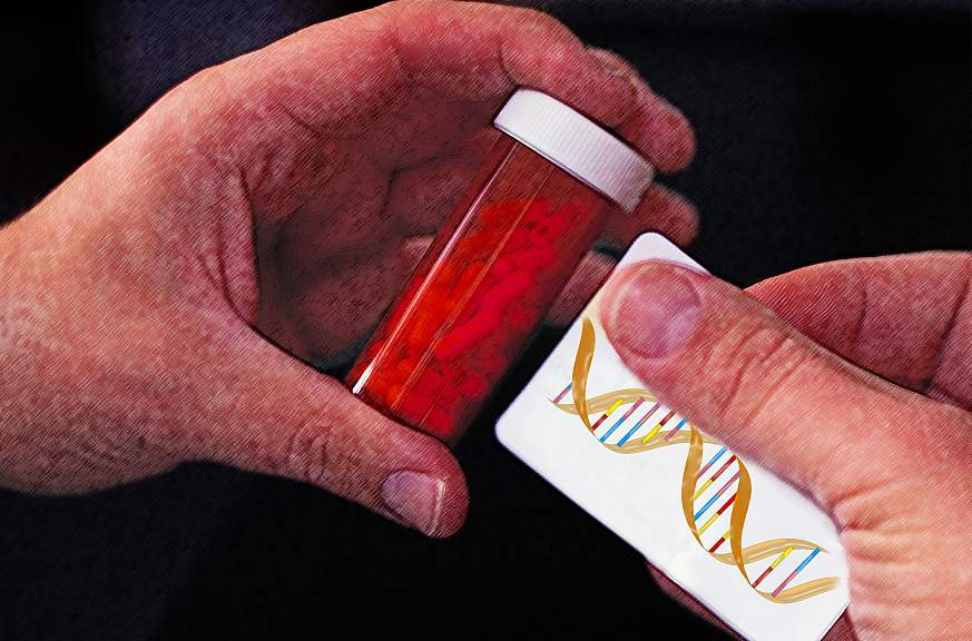Alphaexch247, Kabook Login, VL Book: Personalized medicine is a groundbreaking approach to healthcare that tailors medical treatment to individual characteristics. By considering factors such as genetics, lifestyle, and environment, personalized medicine aims to provide more effective and targeted therapies for patients. This precision medicine approach moves away from the traditional one-size-fits-all model, recognizing that each person’s genetic makeup and unique circumstances play a crucial role in determining their health outcomes.
In practice, personalized medicine involves analyzing an individual’s genetic profile to identify specific markers that may influence their risk of developing certain diseases or how they will respond to particular treatments. This information allows healthcare providers to develop personalized treatment plans that are more likely to be successful for each patient. By harnessing the power of personalized medicine, healthcare professionals can optimize the efficacy of treatments, reduce the risk of adverse reactions, and ultimately improve patient outcomes.
The role of genetics in personalized treatment plans
Genetics plays a pivotal role in shaping personalized treatment plans for individuals. By examining a person’s genetic makeup, healthcare providers can gain valuable insights into how a specific disease might progress or respond to different treatment approaches. This level of personalized information allows for treatments to be tailored to each individual’s unique genetic profile, increasing the likelihood of success and minimizing potential side effects.
Through genetic testing, healthcare providers can identify genetic variations that may impact how a person metabolizes certain medications or their susceptibility to developing particular health conditions. Armed with this knowledge, doctors can prescribe medications that are most likely to be effective for the individual based on their genetic predispositions. This personalized approach can lead to more precise and efficient treatments, ultimately improving patient outcomes and overall quality of care.
Advancements in technology driving personalized medicine
Tigerexch247, GX247, Mglionbet: In the realm of personalized medicine, technological advancements play a pivotal role in tailoring treatment plans to individual patients. The integration of artificial intelligence, big data analytics, and machine learning algorithms has revolutionized the way healthcare professionals approach patient care. These sophisticated technologies allow for the analysis of vast amounts of genetic and clinical data to uncover correlations and patterns that can guide targeted and more effective treatment strategies.
Furthermore, the development of wearable health devices and mobile health applications has empowered individuals to actively participate in their own well-being. Through real-time monitoring of vital signs, activity levels, and other health metrics, patients can provide healthcare providers with valuable data for a more personalized and precise approach to their care. This seamless integration of technology into healthcare not only enhances the efficiency of treatment plans but also fosters a deeper level of patient engagement and empowerment in their health journey.
� The integration of artificial intelligence, big data analytics, and machine learning algorithms has revolutionized patient care
� Allows for analysis of vast amounts of genetic and clinical data to uncover correlations and patterns
� Guides targeted and more effective treatment strategies
� Development of wearable health devices and mobile health applications empowers individuals in their own well-being
� Real-time monitoring of vital signs, activity levels, and other health metrics
� Provides valuable data for a personalized approach to care
� Seamless integration of technology into healthcare enhances efficiency of treatment plans
� Fosters deeper level of patient engagement and empowerment in their health journey
What is personalized medicine?
Personalized medicine is an approach to healthcare that takes into account an individual’s genetic makeup, lifestyle, and environmental factors to tailor treatment plans specifically to each patient.
How does genetics play a role in personalized treatment plans?
Genetics can provide valuable information about a person’s susceptibility to certain diseases, their response to specific medications, and their overall health. By analyzing a patient’s genetic data, healthcare providers can create customized treatment plans that are more effective and have fewer side effects.
What advancements in technology are driving personalized medicine?
Advances in technologies such as genomics, bioinformatics, and data analytics have revolutionized the field of personalized medicine. These technologies allow for the rapid and cost-effective analysis of large amounts of genetic data, enabling healthcare providers to make more informed decisions about diagnosis, treatment, and prevention strategies for individual patients.
Have A Look :-
- Frances Valentine – Review
- Try Out These Famous Tulle Skirt Ideas
- Top 7 Christmas Party Dress Ideas For Curvy Women

